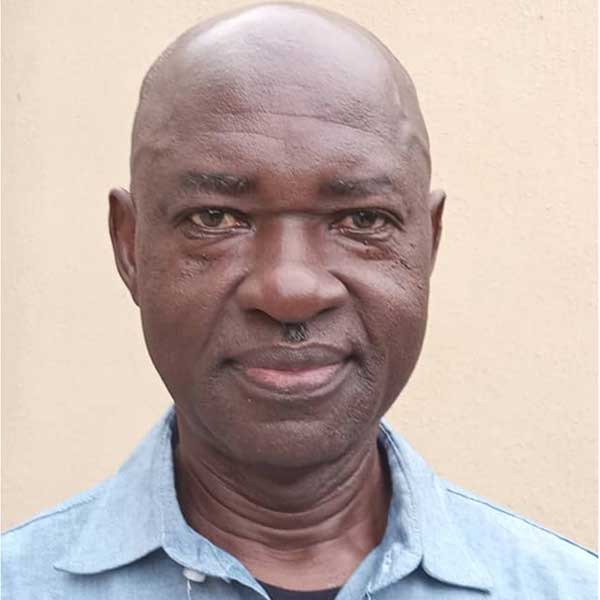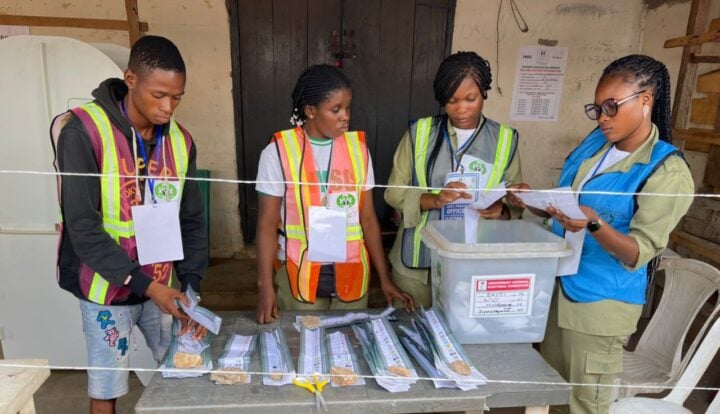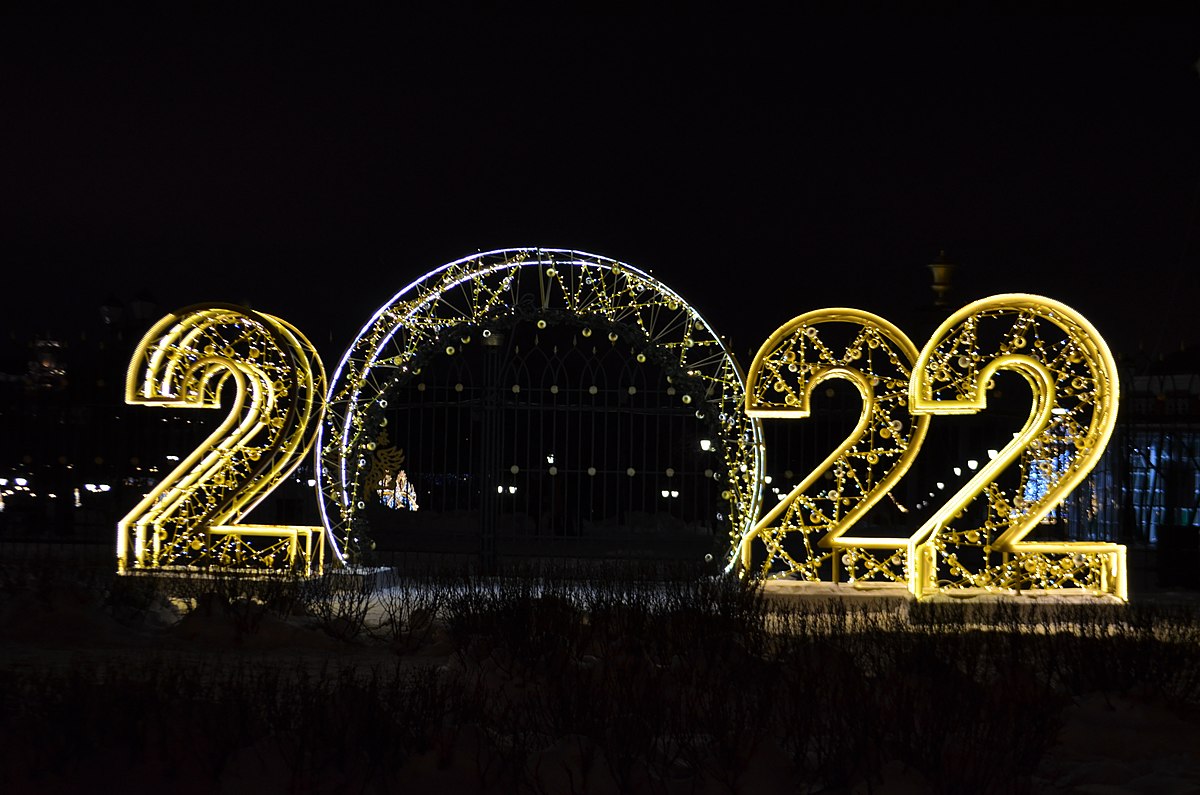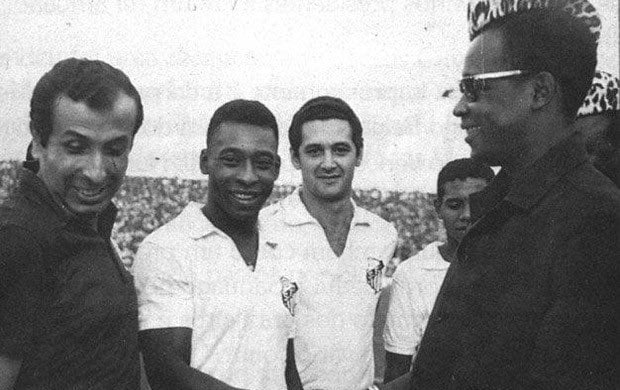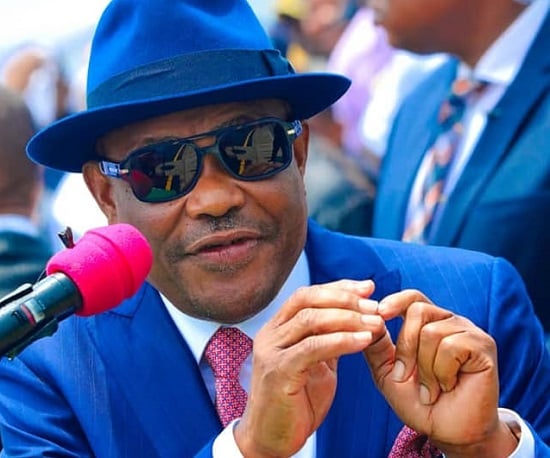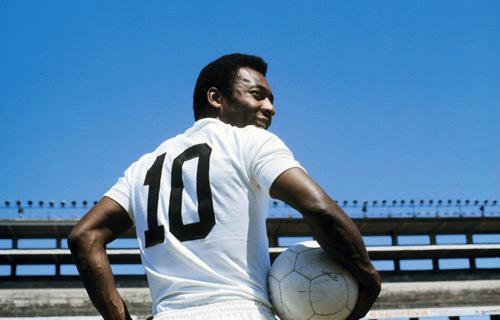President Muhammadu Buhari is a very interesting man. The grand notion of him as a stern, square and hardly-laughing person notwithstanding, he exhibits humour sometimes when one least expects him to. A couple of months ago, he told his select audience in Daura that he couldn’t wait to retire to his country home.
It was right in the middle of a dire security environment in the country. Only few days ago, he echoed the same feeling, this time, rubbing it in that he would stay far away from Abuja, seat of the federal government that has also epitomised his own political stature for nearly eight years, at retirement, hopefully to enable him to move on fast from memories of the pressures that have come with running a particularly difficult job. No one should begrudge him that. Someone should be able to diffuse tension by not making already daunting situations worse through the use of evidently biting statements. Innocuous words would give some mental comfort, at least, and position him to forge ahead.
Perhaps it was the headlines that attracted me to what I immediately saw as a potential joke. “Buhari to INEC: You’ve no reason not to be ready for 2023 elections,” was a sample headline that reported an interactive session the president had in Washington DC earlier this month. According to him,the Independent National Election Commission (INEC) cannot make any excuses for failing since his government has provided the needed funds for its operations. Buhari shouldactually beat his chest over the timely, adequate funding of INEC since his claim hasn’t been contested many days after. But then, the sad realitieswe’re confronted with at the moment as we march toward next year’s elections clearly indicate that the budget of the electoral body may be short-sighted and also that money is only one component among several others that are required to prosecute this momentous national project.
So far, INEC seems to be on the right path, including whistle-blowing.The war on its facilities in various parts of the country is no longer news. What it said in a workshop in Abuja the other day to an audience that included top security officers shouldn’t be ignored. The Chairman, Prof. Mahmood Yakubu, represented by Mr. Festus Okoye, put the situation pointedly: “Since the 2019 general elections till 2022, we have recorded 50 attacks in 15 states of the federation, but the ones we recorded in 2022 are the ones we consider systematic and coordinated and these are the ones that are targeted at derailing the preparations of the commission from conducting free, fair, transparent and credible elections.
Advertisement
“In all these attacks that have taken place, we have the capacity to recover…But if these attacks go into January and February, it may be difficult for us to recover from these attacks. This is because if you look at Section 134 of the Constitution, it has a threshold that a candidate must meet before that candidate can be declared winner of any election.We need a safe environment; we need a secure environment to conduct a secure election. The Nigerian people want a secure election.They have embraced democracy; they want a technology-driven election and we are going to conduct an election driven by technology. The Nigerian people want a credible winner to be declared.” That is clearly moving these hugehurdles from the realm of concerns to that of alarms, albeit with cautious optimism.
I can’t recall if we ever recorded in our contemporary history the sort of pre-polls violence being perpetrated now. This is the second attempt at changing political power since the return of democracy 23 years ago without the incumbent president on the ballot. Unfortunately, the heat being generated makes room for the kind of anxieties that can easily degenerate into chaos if not promptly and properly checkmated.
Remarkably, the response of the high echelon of the defence apparatus to INEC’s complaints at that forum is, in a way, reassuring and indicative of a readiness to frontally combat the enemies of state. The Chief of Army Staff, Lt. Gen. Faruk Yahaya’s pronouncement that “the Nigerian Army would conduct a show of force with other agencies, conduct stop and search operations, mobile patrols in vulnerable areas, escort INEC officials, if need be, and do all that is required to ensure peaceful conduct of the election” was as good as it could be. The Commandant of the National Defence College, Rear Admiral Murtala Bashir, toed the same line and hinted at the preparedness of the armed forces to sanitise the polity by getting rid of agents of subversion. “We must flush bad elements out of our electoral system in order to maintain sanity, credibility and public confidence in our electoral institution. Thus, we must be prepared and be willing to use all appropriate legitimate instruments of national power to confront our political and electoral challenges in a proactive and strategic manner. All hands must be on deck to support INEC in this critical national assignment so as to place our country on the path of democratic advancement for enhanced national security and development,” he declared.
As already proven in conflicts around the world, however, military might alone does not often succeed in providing lasting solutions to crises. It should, instead, complement soft but equally potent instruments of confrontation. The strong arm is definitely not all there is to combatting criminalities. The ways these destructive actions are carried out against INEC facilities suggest the failure of critical elements of engagement like surveillance, detection and communication which are indispensable to effective counter efforts. It doesn’t help our psyche to even think that these vital variables do not exist in our bag of options.
Advertisement
How else are we going to arrest the tide of vandalism, arson and INEC officials becoming targets for harm – crimes committed that are planned ahead by human beings? The south-east, south-south and south-west have hosted most of these heinous acts but their chances of spreading across the federation are quite high, hence the need for urgent, clinical intervention. Their frequency, modes of operation and magnitude make them even more worrying. And how much longer can INEC keep replacing destroyed materials? Assuming the commission has a bottomless purse, does it also have control over the ticking clock? With less than two months to go, time is, no doubt, running out rapidly.
The same can be said of the patience of the people, many of whom are yet to develop optimal interest in the electoral processes. Who stands to gain if there is general apathy towards the polls, if they fail to hold in parts of the country, if preparations are severely undermined? Or, worse still, if the entire INEC activities are irreversibly crippled? These posers are certainly not alarmist. More damning things have happened in the past and nothing should be taken for granted now.
As things stand, Buhari may currently not be in a position to sufficiently alter the course of his administration. He may have already gone past the stage when he can make more meaningful progress about his targets. And I believe that he can’t do much at this late hour to favourably influence whatever opinions Nigerians have formed about him, especially in relation to the quality of his policies, personnel choices, tactics, performance and outcomes. Two terms as Nigerian leader, like most other things in life, don’t last forever. The end is here. But Buhari can still salvage a lot and have a lasting legacy he can call his own if he presides over a peaceful and credible conduct of the polls that will usher him back to his comfort zone.
Ekpe, PhD, is a member of THISDAY Editorial Board.
Advertisement
Views expressed by contributors are strictly personal and not of TheCable.
Add a comment
